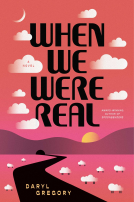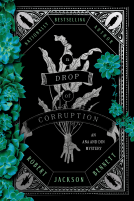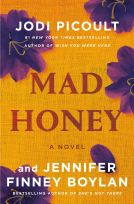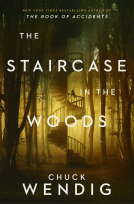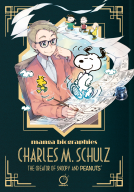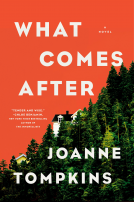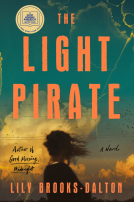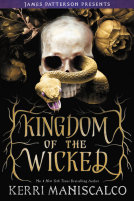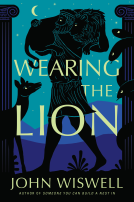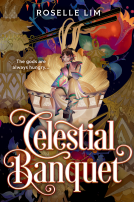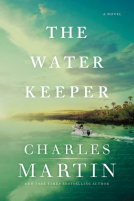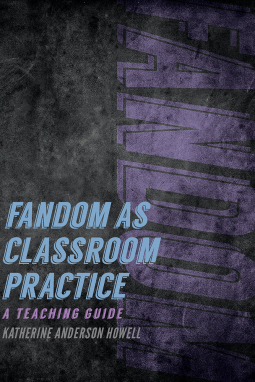
Fandom as Classroom Practice
A Teaching Guide
by Katherine Anderson Howell
This title was previously available on NetGalley and is now archived.
Send NetGalley books directly to your Kindle or Kindle app
1
To read on a Kindle or Kindle app, please add kindle@netgalley.com as an approved email address to receive files in your Amazon account. Click here for step-by-step instructions.
2
Also find your Kindle email address within your Amazon account, and enter it here.
Pub Date May 15 2018 | Archive Date May 15 2018
University of Iowa Press | Fandom & Culture
Talking about this book? Use #FandomAsClassroomPractice #NetGalley. More hashtag tips!
Description
Providing ways to engage students through their popular culture interests, this collection brings together several essays, across disciplines, to show how fan practices such as writing fan fiction, creating vids, communicating via Tumblr, and participating in film tourism can invite students to invest more of themselves into their education.
Both scholarship and fandom encourage passionate engagement with texts—rather than passive consumption in isolation— and editor Katherine Anderson Howell and her contributors find that when students are encouraged to partake in a remix classroom that encourages their fan interests, they participate more in their education, are more critical of experts and authorities, and actively shape the discourse themselves. Creating this remix classroom requires thoughtfulness on the instructor’s part, and so the chapters in this volume come from teachers who have carefully constructed such courses, including several invaluable appendices that provide examples of methodologies, course assignments, teaching practices, and classroom setup. Each chapter also includes student responses that offer a sense of what students gained from each course.
The result is an exciting and entertaining new way to motivate students and teachers alike, and it is sure to be a popular reference guide for instructors teaching classes from high school to graduate levels.
A Note From the Publisher
Mattias Aronsson, Paul Booth, Leslie Leonard, Shannon K. Farley, Anneli Fjordevik, Erika Gallion, Maura Grady, Lee Hibbard, Katherine Anderson Howell, Hiroko Inose, Ashlyn Keefe, Rukmini Pande, Rebecca Power, Richard J. “Robby” Roberson Jr., John Sanders, Anna Smol, Yixian Yang, Lingxi “Lindsey” Yuan
Advance Praise
“Fandom as Classroom Practice is an indispensable resource for teachers seeking to integrate fan works into their classroom experiences. This multivocal, interdisciplinary collection offers thoughtful, self-reflexive pieces from student and faculty perspectives. Together, the essays in this collection paint a dynamic picture of the value and challenges of teaching (with) fan works within a variety of classroom contexts.”—Louisa Ellen Stein, author, Millennial Fandom: Television Audiences in the Transmedia Age
“This collection demonstrates that integrating fandom opens up new ways of thinking for students in a variety of disciplines. Syllabi and assignments provide hands-on guidance to teaching fandom and creating a participatory, decentered classroom. The inclusion of student respondents is a unique and important feature of this book.”—Melanie E. S. Kohnen, Lewis & Clark College
Available Editions
| EDITION | Paperback |
| ISBN | 9781609385675 |
| PRICE | $70.00 (USD) |
| PAGES | 188 |
Links
Featured Reviews
 Imogene H, Bookseller
Imogene H, Bookseller
Yes, it's a lot more academic than a lot of people would enjoy, but I loved it.
Given the growing amount of fan fiction, of texts that include fangirl/ fanboy characters, and even studies done on fanfiction, this is definitely a great book for the moment. Anything that encourages students to engage is brilliant, and given the types of fanfiction out there, both "curative" and "transformative" it can actually help marginalised or minority student to find themselves and representation within otherwise difficult texts.
 Nancy G, Librarian
Nancy G, Librarian
I love the ideas in this book. I think that fandom is an excellent way to counteract students' writer's block.
 Rebecca T, Educator
Rebecca T, Educator
Written by scholars and their students, this collection explores various ways in which fandom can be used in the classroom. Among others I found instructive: Anna Smol writes about having students create fanworks of their choice, letting them express themselves in ways otherwise unavailable in a literature classroom, and Shannon Farley writes about using vids to teach criticism/deconstruction (although I have to say I disagree with her that the Doctor Who Handlebars vid isn’t a reading against the grain; she says it’s just saying what characters like Harriet Jones say in the show).
Rukmini Pande writes about using racebending and fancasting to create productive discomfort about race in students (and tells a striking story about how her class initially fan-cast a live-action Lion King with almost all white actors right after studying articles about Hollywood bias). “The students had so far been rather quiet, but they suddenly became a lot more vocal in arguing the fact that the exercise was a direct product of their own prejudice. One student said quite heatedly, ‘There are white people in Africa, too, you know!’ I agreed, and then pushed her to justify why this specific narrative—that of a royal family that seemingly drew from indigenous customs and languages—should be enacted by white people.”
Paul Booth writes about teaching different waves of fan studies that in some ways recapitulate students’ own journeys. Also, a teacher who used assignments on Tumblr found that “the community environment created by both the peer-to-peer elements and the low-stakes writing assigned on Tumblr became especially important to nonnative speakers of English enrolled in the class.” Feedback was also better: “Even when students knew the icons and usernames of their peers, the level of imagined anonymity that such usernames and icons afforded enabled the students to offer authentic opinions and lengthy reviews of their peers’ work that they otherwise would not have offered if forced to confront their peers face-to-face.”
 Kimberly O, Educator
Kimberly O, Educator
I enjoyed the practical aspects of this book tremendously. The mix between scholarship and practical classroom experiences was slightly heavier on scholarship than I had been hoping; however, the student response chapters made up for it. It was very helpful to read student responses to fandom studies and related assignments, both positive and negative. I will definitely refer back to these chapters as I adapt teaching ideas and assignments to fit the needs of my students and curriculum. I appreciated that the ideas in Fandom as Classroom Practice were oriented to college classrooms. I finished the book feeling invigorated and inspired to change up an assignment or two in my own classes in the near future.
Readers who liked this book also liked:
Jodi Picoult; Jennifer Finney Boylan
General Fiction (Adult), Literary Fiction, Women's Fiction
